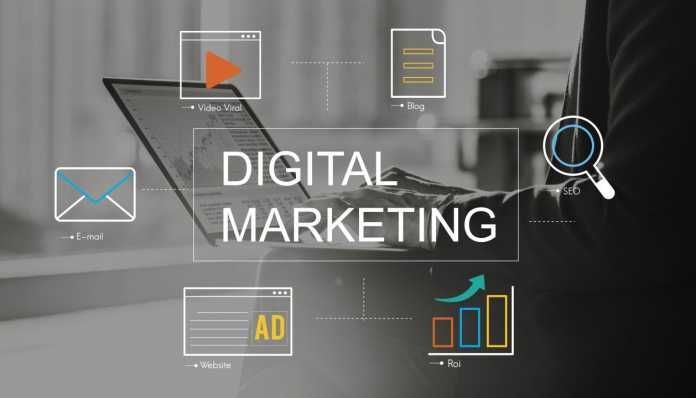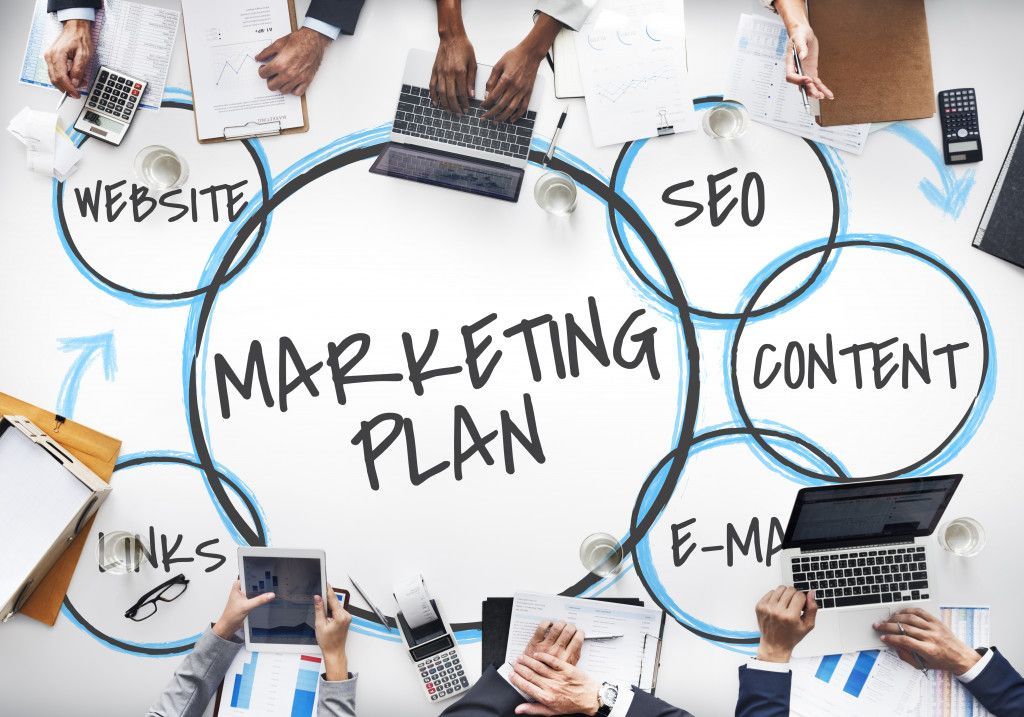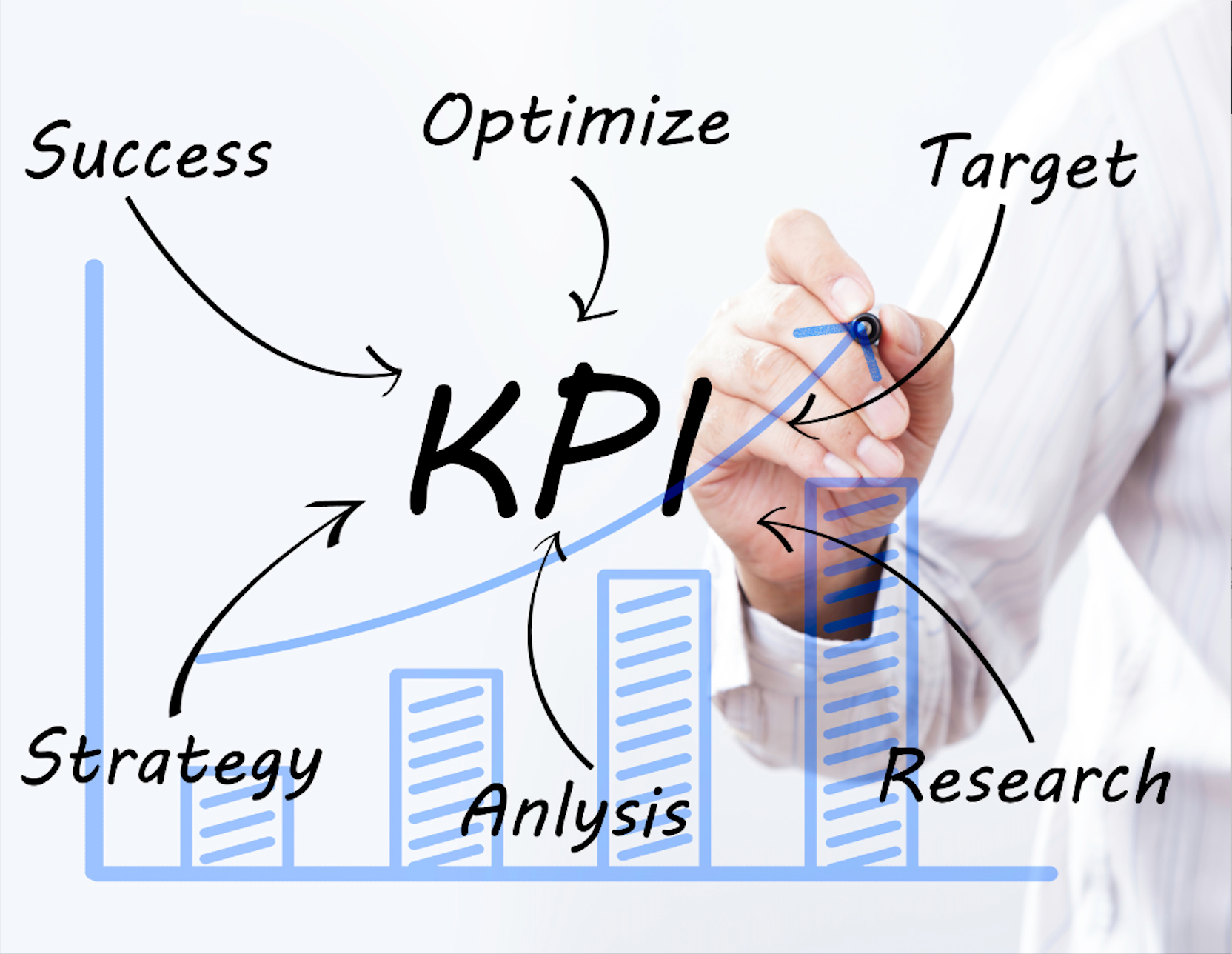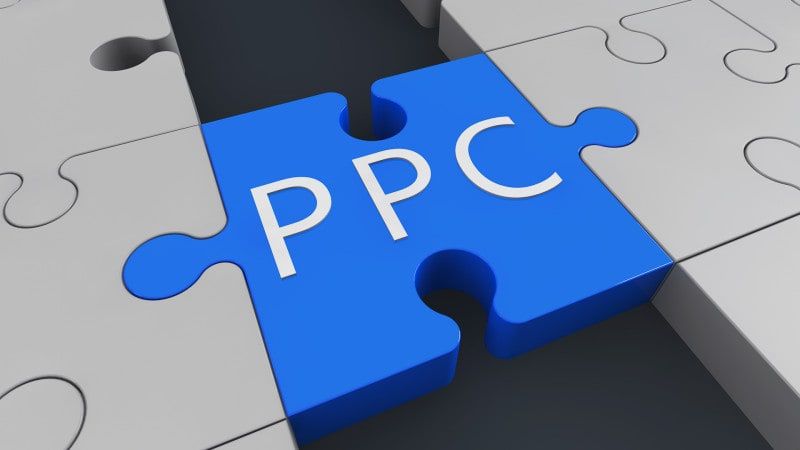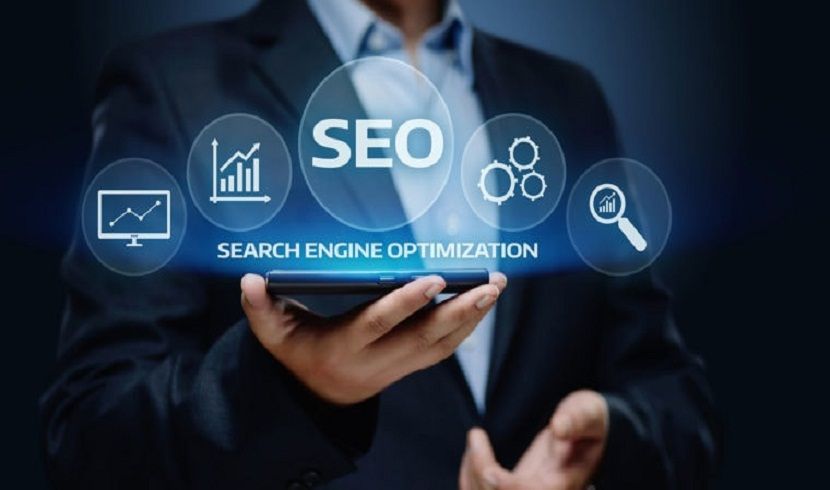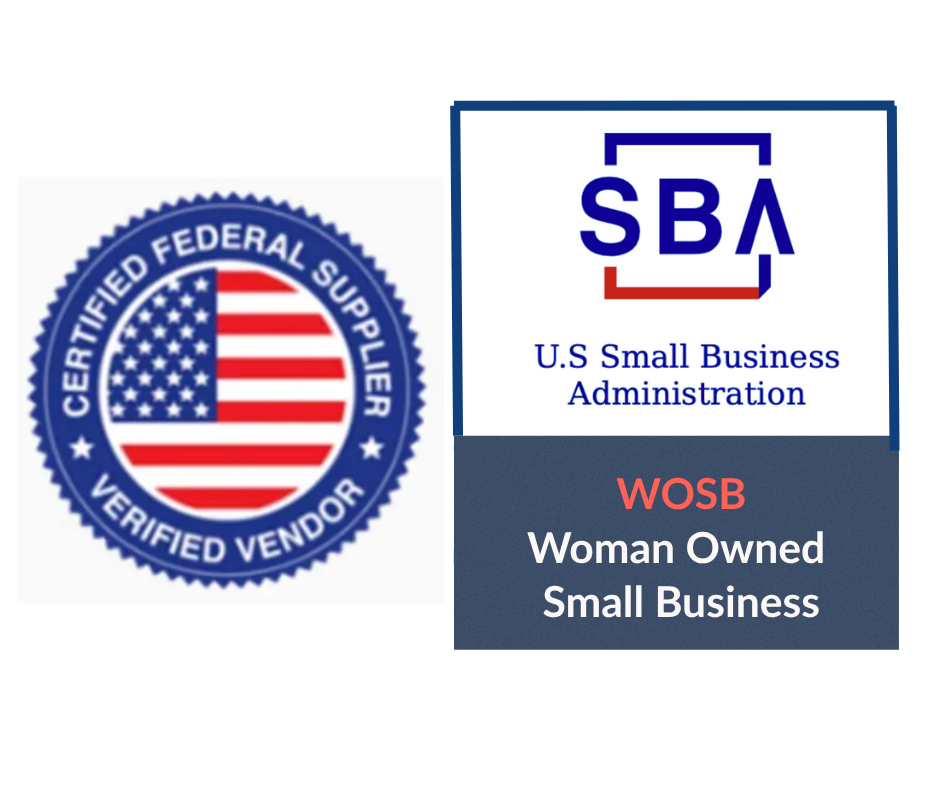Unlocking the ROI of Online Marketing for Small Businesses:
Best Strategies to Make the Most Impact
Many small business owners struggle with understanding the return on investment (ROI) of their marketing efforts. This is especially true for online marketing, which can seem nebulous and difficult to measure. However, online marketing can be an incredibly powerful tool for small businesses when used correctly. In this post, we'll explore some of the best strategies for unlocking the ROI of online marketing for your small business.
From search engine optimization (SEO) to social media advertising, we'll cover the most effective methods for increasing your online visibility and driving conversions.
- Why online marketing is important for small businesses
- Identify your target audience online
- Choose the right online marketing strategies for your small business
- Develop a content marketing strategy
- Best practices for search engine optimization (SEO)
- The benefits of social media marketing for small businesses
- Paid advertising options, including pay-per-click (PPC) and social media advertising
- Email marketing for small businesses
- Measuring ROI: Key metrics to track and analyze
- Tips for successfully implementing and executing online marketing strategies for small businesses
Whether you're just starting out or looking to take your online marketing efforts to the next level, this guide will help you make the most impact with your budget.
1. Why online marketing is important for small businesses
2. Identify your target audience online
Identifying your target audience online is crucial for the success of your online marketing campaign. Knowing your target audience will help you create content that speaks directly to them, and in turn, increase your chances of conversion.
Researching who your ideal customer is: what are their demographics; what are their interests; what challenges do they face that your product or service can solve. Once you have a clear picture of your ideal customer, you can begin to create content that speaks to them.
Most social media platforms have advanced targeting options that allow you to reach your ideal customer by age, location, interests, and more. Utilize these tools to get your message in front of the right people.
You can also identify your target audience by analyzing your website traffic. Using tools like Google Analytics to track the behavior of your website visitors. This will give you insights into things like what pages they visit, how long they stay on your site, and what actions they take.
By identifying your target audience online, you'll be able to create targeted content and marketing campaigns that resonates with them and drive them to take action. This will ultimately lead to increased ROI for your online marketing efforts.
3. Choose the right online marketing strategies for your small business
4. Develop a content marketing strategy
Having a content marketing strategy is essential for any small business looking to improve their online marketing ROI. Content marketing is all about creating valuable and relevant content that engages and informs your target audience. This can include blog posts, social media updates, videos, podcasts, and other types of content that your audience will find useful and interesting.
To develop a successful content marketing strategy, first identify what kind of content your target audience is most likely to engage with. This can be done by conducting market research, analyzing your existing customer base, and monitoring social media channels for trending topics and conversations.
Next, create a content calendar that outlines the topics and types of content you will create and when they will be published. This will help you stay organized and ensure that you are consistently producing high-quality content that resonates with your audience.
Finally, be sure to track and measure the success of your content marketing efforts. Use analytics tools to monitor website traffic, engagement rates, and other key metrics to determine what is working and what can be improved upon. This will help you refine your content marketing strategy over time and continue to improve your online marketing ROI.
5. Best practices for search engine optimization (SEO)
6. The benefits of social media marketing for small businesses
Social media marketing has become an essential part of any online marketing strategy. For small businesses, social media is a powerful tool to create brand awareness, build relationships with customers, and drive traffic to their website. In fact, social media has become so popular that it is estimated that there are over 3.6 billion active social media users worldwide.
One of the main benefits of social media marketing for small businesses is that it enables you to reach a large audience without spending a lot of money. Most social media platforms offer a range of advertising options that are affordable for small businesses. Additionally, social media allows small businesses to target their advertising to specific demographics, ensuring that their message is reaching the right people.
Small businesses get a good ROI, by building relationships with their customers online using social media marketing. Since it provides a way for businesses to engage with their customers in real-time, responding to questions and comments quickly. This builds trust and loyalty, which can lead to repeat business and referrals.
Social media provides small businesses with an opportunity to showcase their products or services. This can help to increase sales and drive traffic to your website. Businesses can give their customers a better understanding of what they offer by sharing photos and videos of your products,
Overall, social media marketing is a cost-effective and powerful tool for small businesses. By utilizing social media, small businesses can reach a large audience, build relationships with their customers, and showcase their products or services, all of which can help to drive sales and grow their business.
7. Paid advertising options, including pay-per-click (PPC) and social media advertising
8. Email marketing for small businesses
Email marketing is an effective and affordable way for small businesses to reach their target audience. It allows you to communicate directly with your customers and build stronger relationships with them. The first step in creating a successful email marketing campaign is to build a quality email list. You can do this by offering an incentive, such as a free e-book or discount, to encourage visitors to sign up for your newsletter. You should also make it easy for visitors to subscribe to your list by placing a sign-up form on your website's homepage and social media channels.
Once you have built your email list, it's time to start creating content for your campaigns. Your emails should be personalized for each recipient, with relevant and valuable information that will encourage them to engage with your brand. This can include company news, promotions, and helpful tips related to your product or service.
It's important to remember that your email marketing campaigns should not be overly promotional. Instead, focus on providing value to your subscribers and building relationships with them. You can also use email marketing to segment your audience and send targeted messages to different groups. For example, you can send special promotions to customers who have made a purchase in the past or send a customer satisfaction survey to gather feedback.
In summary, email marketing is a powerful tool for small businesses to connect with their audience and build brand loyalty. By providing valuable content and building strong relationships with your subscribers, you can unlock the full potential of email marketing and see a significant return on your investment.
9. Measuring ROI: Key metrics to track and analyze
10. Tips for successfully implementing and executing online marketing strategies for small businesses
Implementing and executing online marketing strategies for small businesses can often be a daunting task. However, with the right planning, execution, and monitoring, small businesses can create a strong online presence that will help them unlock the full potential of ROI of online marketing.
Below are some tips to help small businesses successfully implement and execute their online marketing strategies:
1. Set clear goals:
Before you start any online marketing campaign, set clear, measurable goals that align with your business objectives. This will help you track your progress and measure your success.
2. Know your target audience:
Understanding your target audience is crucial in creating effective online marketing strategies. Conduct market research to determine your audience's needs, behavior, and preferences.
3. Choose the right channels:
Not all online marketing channels will work for your business. Choose the channels that align with your business objectives and target audience. For example, if your target audience is primarily on Instagram, focus your efforts on that platform.
4. Create high-quality content: High-quality content is essential in online marketing. Ensure that your content is informative, engaging, and relevant to your target audience. This will help you build trust and establish your brand as an authority in your industry.
5. Monitor and analyze results:
Monitor the performance of your online marketing campaigns regularly and analyze the results. This will help you identify what is working and what needs improvement.
By following these tips, small businesses can create effective online marketing strategies that will help them achieve their business objectives and unlock the full potential of ROI of online marketing.
We hope you enjoyed our article on unlocking the ROI of online marketing for small businesses. It's essential to make the most of your marketing budget, especially when resources are limited. By following the strategies and tips we provided in this article, you can increase your online presence, reach more customers, and generate more revenue.
Remember to track your results and adjust your strategy accordingly to continue seeing success. We wish you all the best in your online marketing endeavors!

